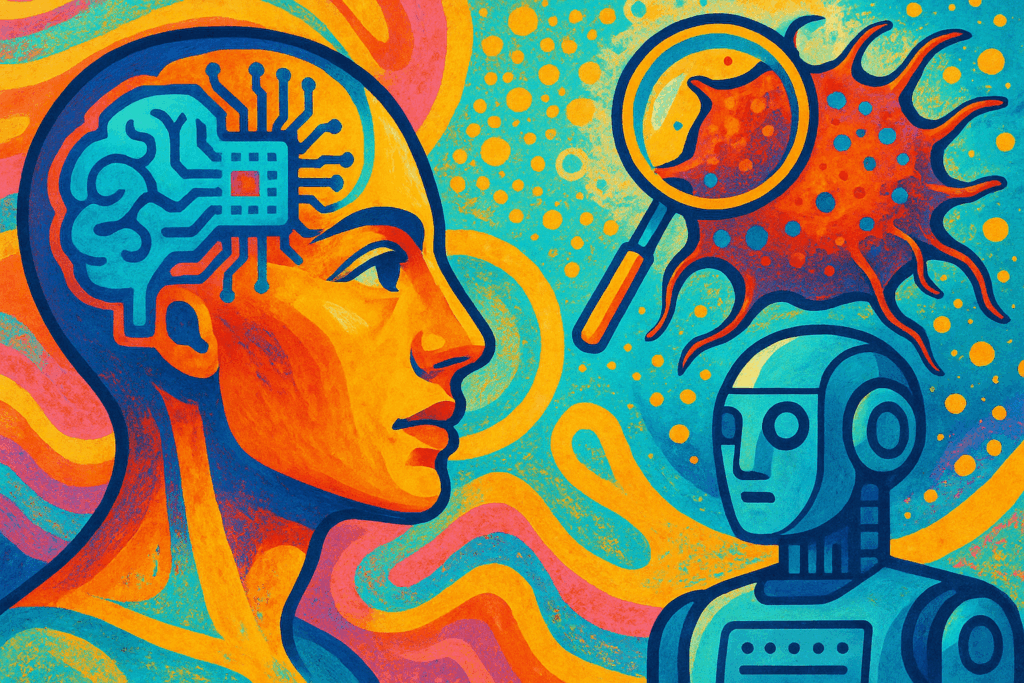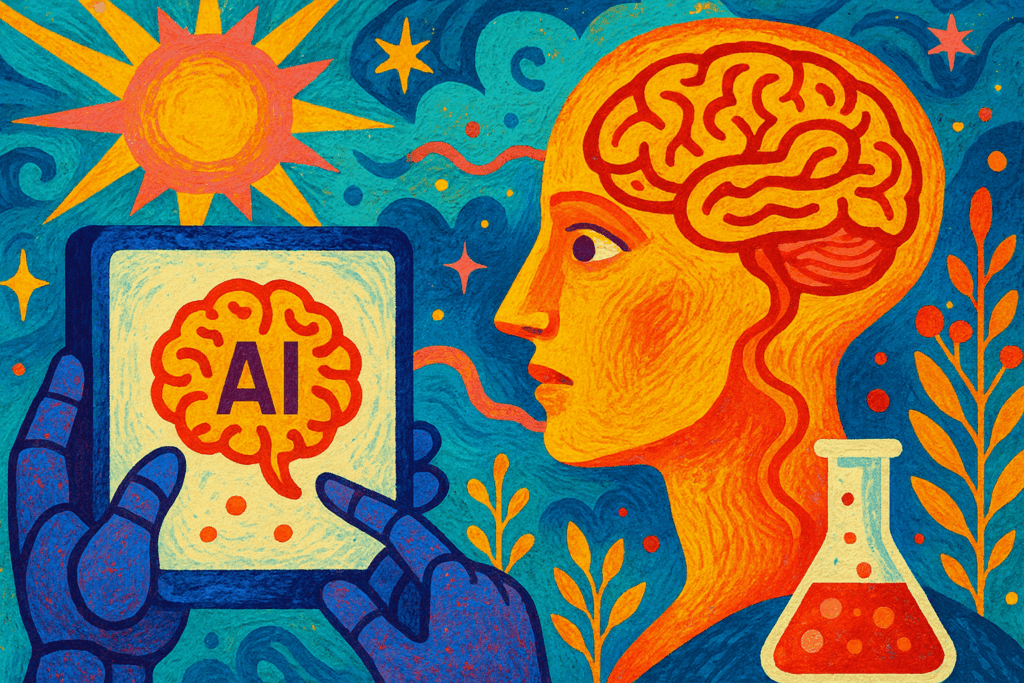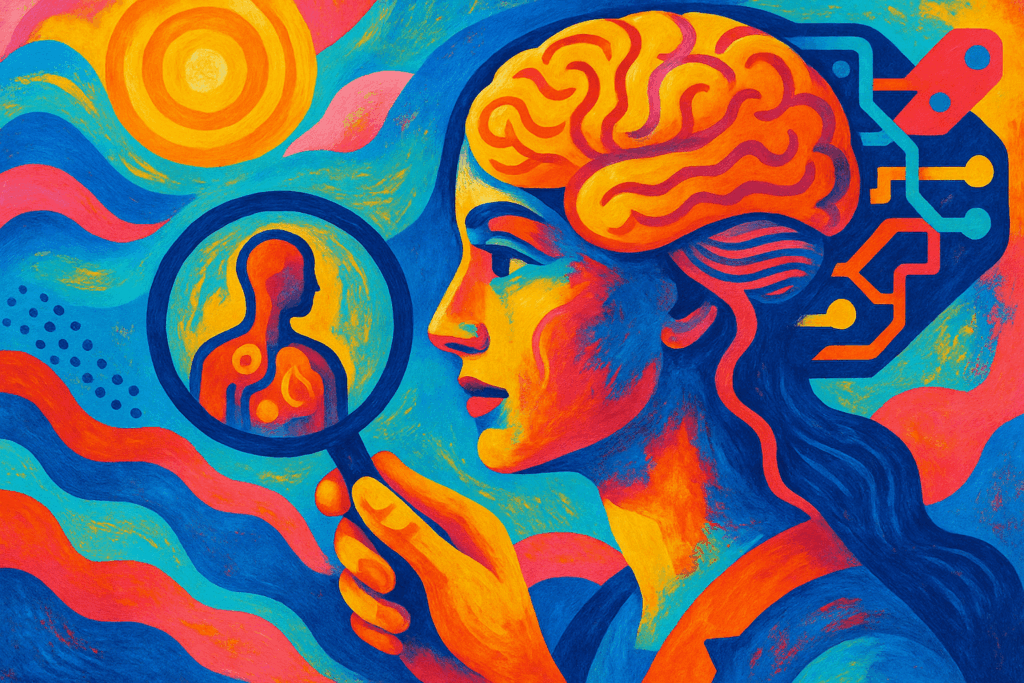The Evolving Landscape of AI in Diagnostics
Artificial intelligence continues to reshape medical diagnostics by enabling faster, more accurate interpretation of complex data. AI applications, including machine learning and deep learning models, are increasingly integrated into clinical workflows. These technologies analyze medical images, pathology slides, and genomic data with precision, supporting clinicians in identifying diseases at earlier stages than traditional methods.
AI in Early Cancer Detection: A Closer Look
One of the most notable recent advancements is the use of AI systems designed to detect cancer early, particularly lung and breast cancers. These AI models analyze imaging data, such as computed tomography (CT) scans and mammograms, identifying subtle patterns often missed by human observers. By training on vast datasets, AI algorithms can predict malignancies before patients present symptoms or conventional diagnostics yield definitive results.
For instance, machine learning tools evaluate nodules in lung scans to differentiate between benign and malignant lesions, offering rapid risk assessments. Similarly, deep learning applied to mammography images improves lesion classification, reducing the rate of false positives and unnecessary biopsies.
Impact and Future Trajectory
The integration of AI in early cancer detection has shown promise in improving patient outcomes by enabling timely intervention. Clinicians benefit from AI-driven decision support that complements their expertise, while patients may experience less invasive diagnostic procedures and tailored treatment plans.
Challenges remain, including regulatory approval, data privacy concerns, and the need for extensive clinical validation across diverse populations. Continued collaboration between AI developers, healthcare providers, and policymakers will be key to addressing these issues. Future developments may include combining AI diagnostics with predictive analytics and digital health platforms, further advancing personalized medicine.
Overall, AI-driven diagnostic tools are set to become essential components of modern healthcare, offering a path toward earlier disease detection and more efficient clinical workflows.




